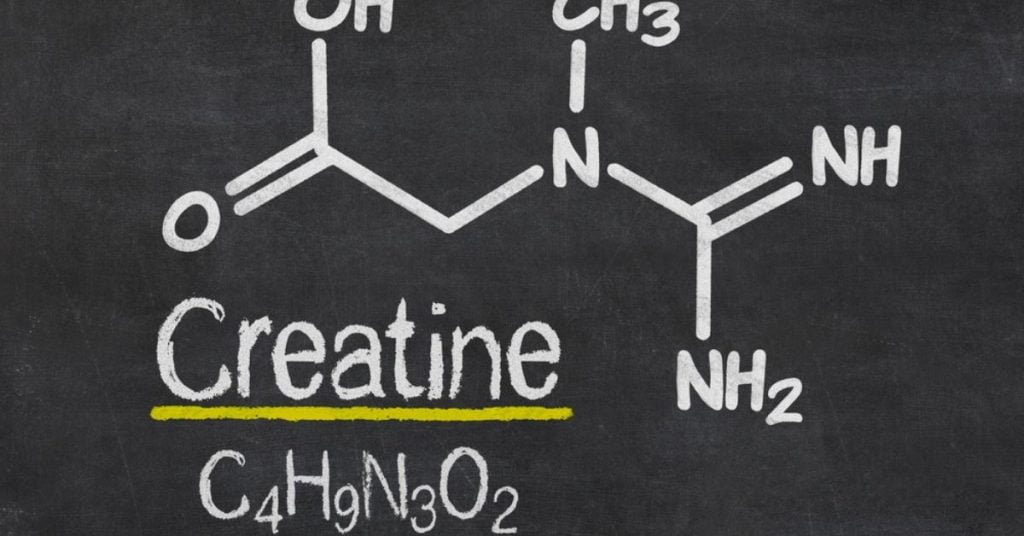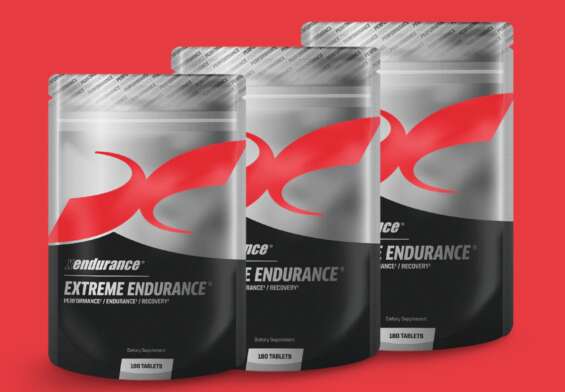
Detailed Information on 9 Different Types of Creatine
Creatine is a must-have nutritional supplement for bodybuilding. Many different types of this product, used by most athletes who have passed a certain level, have recently appeared in the world markets.
# 1 Creatine Monohydrate

This is the most common form. It is the one with the most research on its benefit. It consists of creatine molecules attached to water. Although new creatine products are on the market, it is still the most used type.
# 2 Micronized Creatine

It is manufactured by separating (micronizing) Creatine Monohydrate into smaller molecules. As a result, the surface area of creatine has increased, so its absorption by the body is easier, and the possibility of causing stomach pain problems is reduced. It also has less water collection effect and is more effective.
# 3 Creatine Phosphate

Creatine must be bound to phosphate in the body to activate. The logic of creatine phosphate also stems from this. On the other hand, it is not as effective as creatine monohydrate in practice and is also more expensive.
# 4 Creatine Citrate

It is the form of creatine bound to special molecules to increase absorption. It contains 400mg of effective creatine in 1gram and is very expensive, but it mixes well with liquids and does not cause much stomach distress.
# 5 Creatine Ethyl Ester (CEE)

It is seen as the future of creatine supplements. CEE is claimed to have up to 10 times better absorption than normal creatine. It owes this to its ability to move more easily between cells.
CEE is mainly composed of ester bonding to the monohydrate form. Thanks to the ester, the absorption of creatine has increased.
On the other hand, no scientific studies have been conducted on CEE. The information obtained from the users shows that CEE is a superior product thanks to its faster absorption, the same effect with less dosage, and its water collection aspects.
# 6 Kre-Alkalyn

Kre-Alkalyn is Creatine processed at higher PH levels. In this respect, it is claimed to be one of the fastest absorbed creatine types. Creatine is broken down into creatinine. The same is not true for Kre-Alkalyn, so the absorption is increased. Superior aspects; It is fast absorption, does not require loading, does not hold water in the body, and has fast results.
# 7 Creatine Serum

It is one of the controversial species. It is said that some people get very good results, while others say it is useless. This product is the form of creatine we know, dissolved in water and supplemented with vitamins and amino acids. However, research shows that the creatine waiting in water becomes creatinine over time, so this product is useless.
# 8 Effervescent Creatine

It is combined with sodium and sugar. It is advantageous in terms of flavor and absorption but is not preferred because it is expensive and contains sodium and sugar.
# 9 Tri Creatine Malate

3 Creatine molecules linked to 1 Malic acid molecule. After all, many different molecule binding options are available to increase absorption and transport. I guess it looks like Creatine Citrate. Advantages over Standard Creatine; It mixes better with liquids, does not cause stomach distress, and is more successful in ATP synthesis than normal creatine because Malic Acid is an intermediate product that plays an important role in ATP synthesis.












2 Comments
Doretha
Everything is very open with a clear explanation of the challenges.
It was truly informative. Your site is useful. Thanks for sharing!
FitGAG
Thank you for your comment on our article about the different types of creatine on FitGAG! We’re glad to hear that you found our content informative and that our site is useful to you. We strive to provide detailed and accurate information to our readers, so it’s always encouraging to hear positive feedback. Thank you for taking the time to engage with us, and we encourage you to continue to share your thoughts and feedback with us in the future. Thanks for being a part of the FitGAG community!
Comments are closed.